Affiliate links on Android Authority may earn us a commission. Learn more.
Pixel, See? Why Google's latest tablet is (mostly) all it's cracked up to be
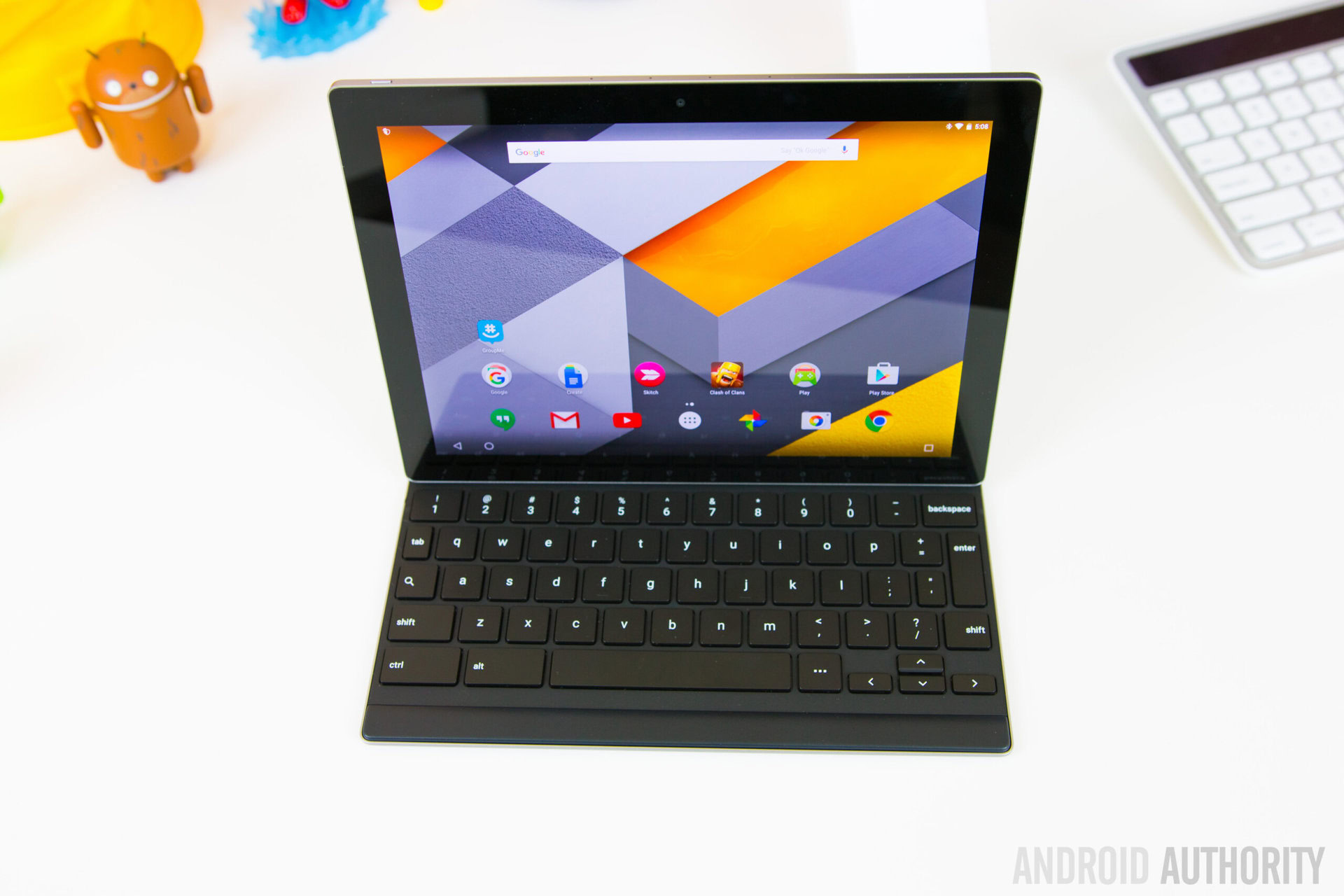
Since it was first announced in September, the Pixel C has confounded customers, if not the industry-at-large. Why isn’t Google releasing a new Nexus tablet, yet is releasing a Pixel tablet? The former goes hand in hand with Android, the latter with Chrome OS. To this day there exists confusion among customers who are unclear as to what operating system the new product runs.
Reviews and editorials for the Pixel C have also been highly divisive. While some sites have praised the product profoundly, others have taken a far more critical, analytical view. We have also offered our own take on the product. Given the dual dichotomy of dissent going on here, it seems particularly pertinent to analyze the Pixel C with respect to the nature of criticism it has received.
Let’s get started with a look at why the Pixel C is actually not as bad as some might suggest.
[related_videos title=”Pixel C” align=”center” type=”custom” videos=”663688,645666″]
The “premier” Android tablet?
To this day there exist very few Android tablets that can truly go head-to-head with Apple’s iPad, at least in terms of design and build quality. This is not to suggest Cupertino has a superior offering mind you, rather just the reality that is demonstrated time and time again by mainstream consumer’s overwhelming decision to purchase iPads over anything else.
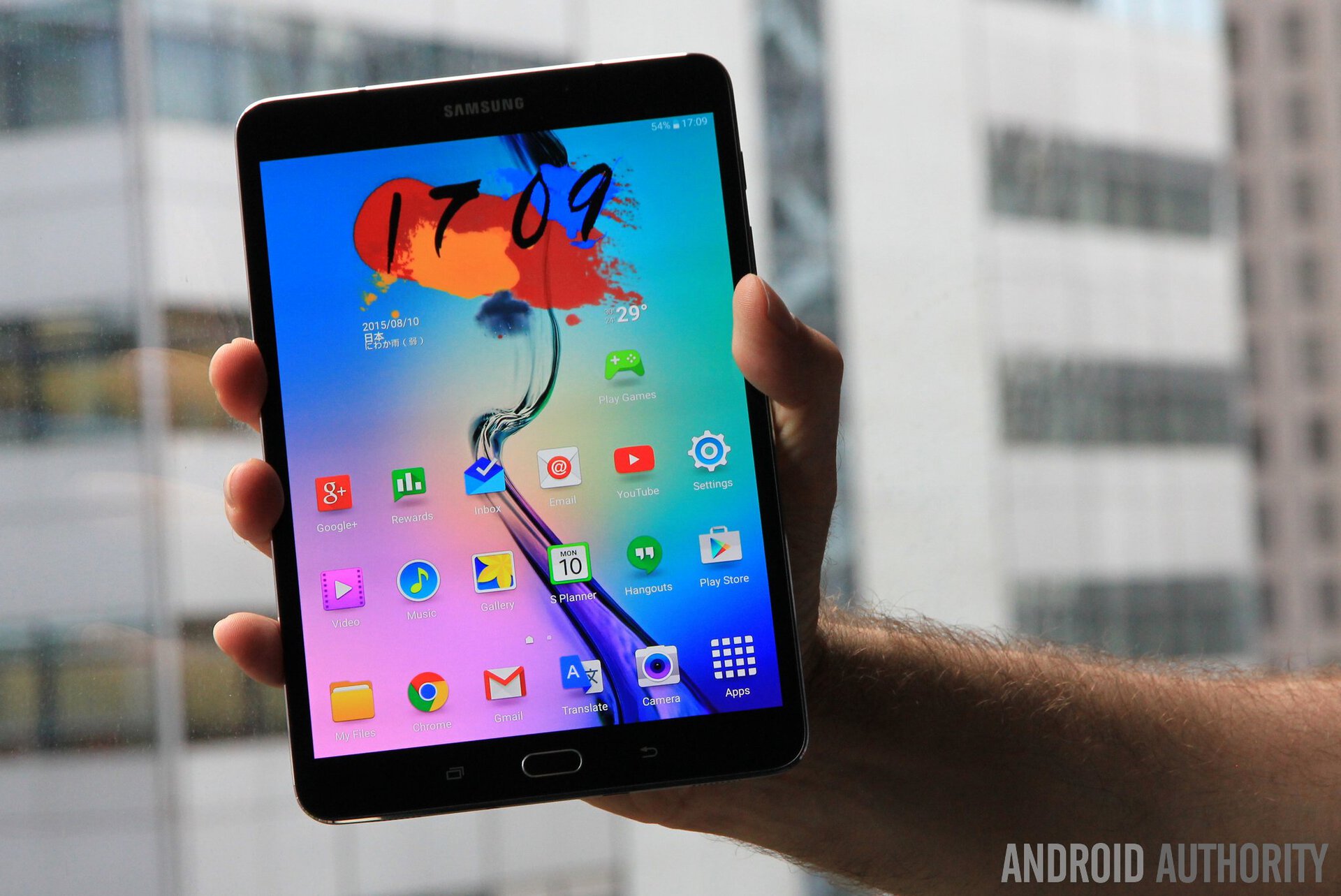
Samsung’s 2015 flagship tablet, the Galaxy Tab S2, does indeed pack some super solid specs, yet it’s ultimately still using a plastic back and running TouchWiz which is decidedly not everyone’s cup of tea. Google itself has released some very popular tablets over the years, namely the Nexus 7 (2012) and Nexus 7 (2013), as well as some more overlooked considerations, the Nexus 10 and Nexus 9. The criticism has always been about the build quality though: they are just not on-par with an Apple offering.
The Pixel C is, hands down, the most solid and solidified tablet Google has produced. With an all-metal casing, the device feels substantial in the hands – a bit too heavy perhaps – and has stereo speakers as well as USB C connectivity. It truly looks less like a traditional tablet and more like a convertible tablet computer, something that evidence suggests may have been Google’s original intention.
In defense of Google: the Pixel C is “perfect” (almost)
While comments relating to Pixel C’s lack of multitasking and software bugs are valid ones, it may be that – especially with the former of the two – critics are being a bit too harsh with the product. Let’s explore why.
Pixel C’s intended market
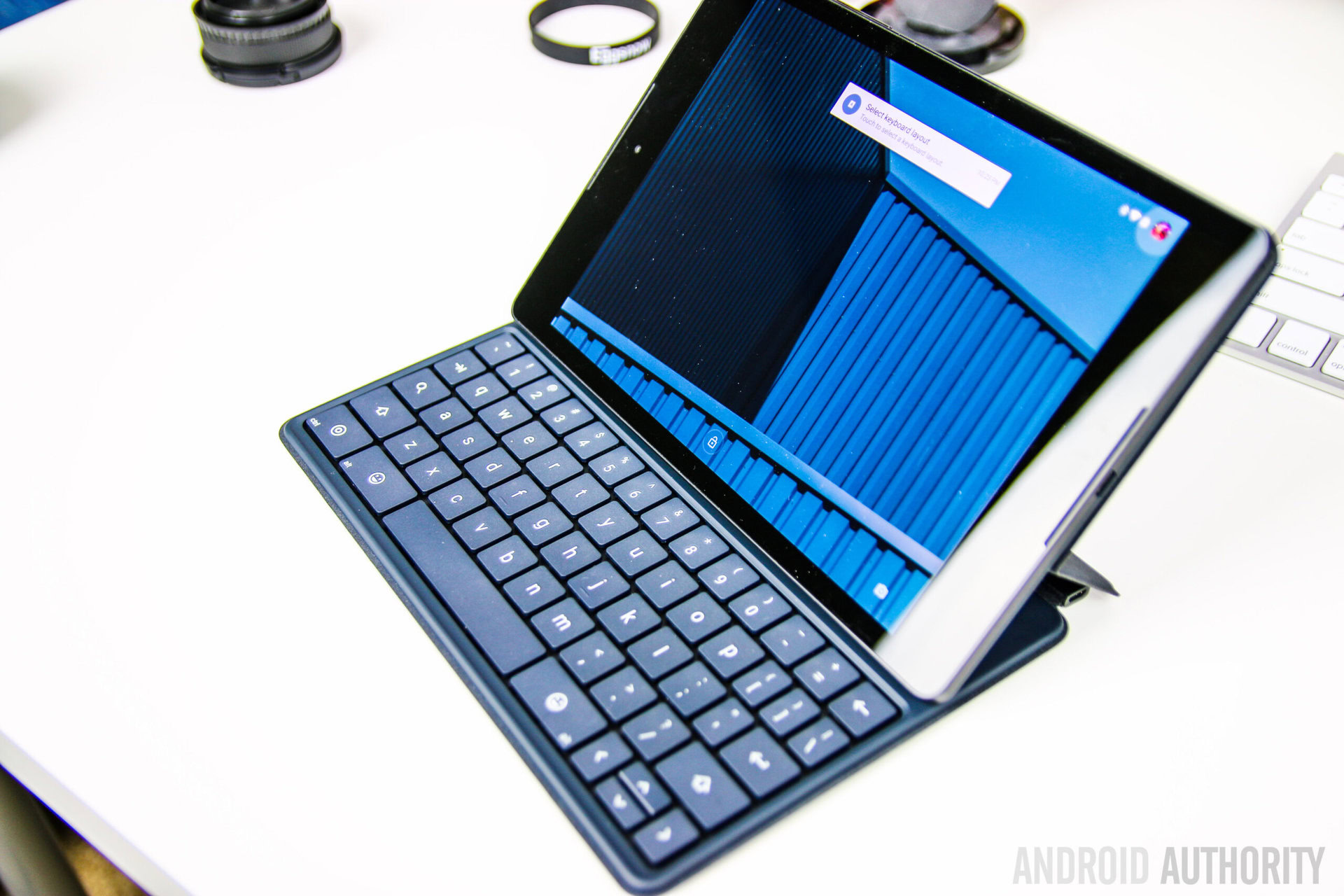
Much of the criticism for the Pixel C has stemmed from a perception that its new tablet is specifically targeting a productivity-minded customer. The reason? It has an expensive keyboard add-on. And yet. The Nexus 9 also has an expensive keyboard add-on, and yet that tablet seemingly didn’t receive anywhere close to the near-universal trashing of the product’s productivity in reviews. For that matter, just about every tablet on the market has some form of keyboard add-on, be it Bluetooth or otherwise; official or not.
Where is it explicitly stated Pixel C is specifically aimed at corporate customers or those who want a laptop replacement? Just because Google launched it showcasing the keyboard should not automatically imply it will have all kinds of modified software components to significantly alter the Android user experience for the tablet.
Pixel C’s actual market
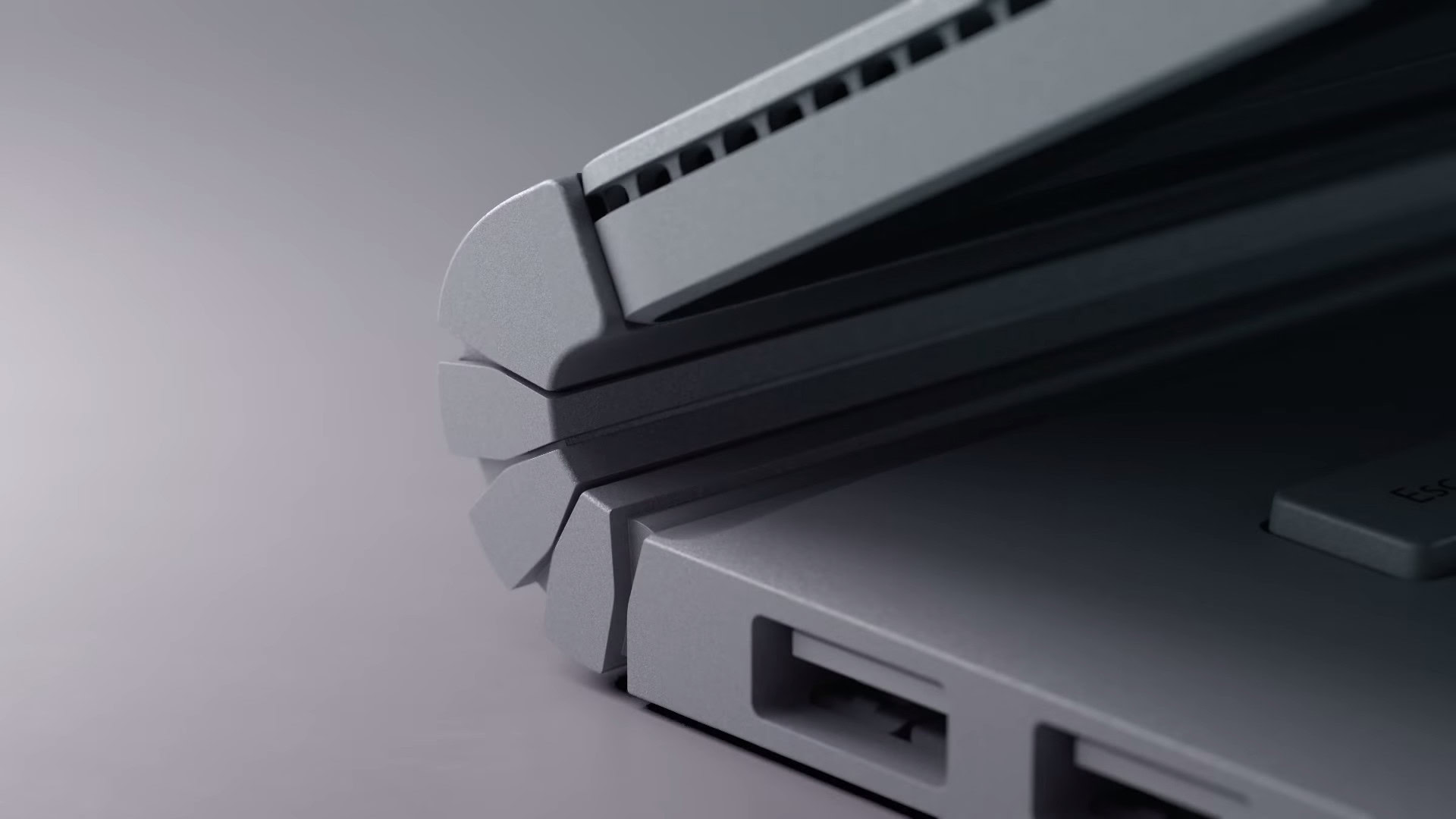
Despite the vocal crowd typically commenting on tech-related stories and coverage, the mainstream majority of the world’s population doesn’t actively care about tech. They don’t actively follow tech sites and check for updates multiple times throughout the day. In fact, even mainstream Apple customers don’t necessarily know their company has announced a new product until it’s literally in front of them at a store or a major headline on a general news site.
It is well established that the Nexus line has never achieved mainstream success, with some evidence suggesting it doesn’t even achieve niche success. There is a very limited number of customers who want such products, especially in the face of a thousand other OEMs making their own. Those who want a Nexus device are very much about having the cleanest, most simplistic form of Android possible. Those who want a Nexus are also, more likely than not, individuals who are more knowledge about devices than the average customer, and/or who actively follow Google related news.
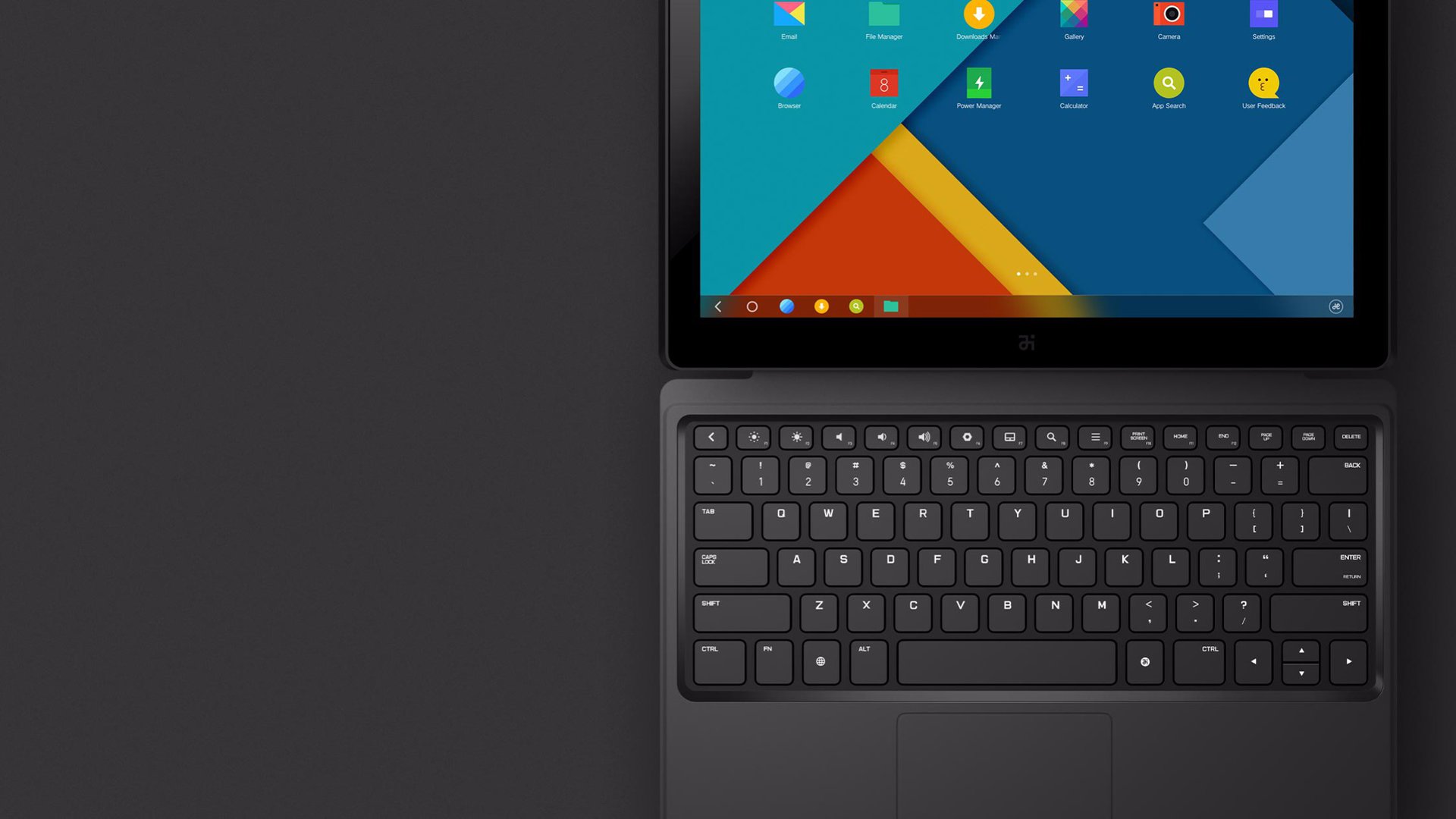
The Pixel C, at the moment at least, is not being sold in stores. The Pixel C is, at the moment at least, only available directly from Google. To this end, there is an extremely limited number of consumers who will potentially even know about it, much less who will want it, and even less still who will actually purchase it.
Criticism of a $500 device not having adequate software is subjective at best when considering that those who purchase the product arguably know what they’re getting from the get-go. Google never promised multitasking support, nor did it ever mention an optimized Android experience for the Pixel C. Just because Microsoft and Apple have something hardly means Google must suddenly unveil it as well.
The Android environment
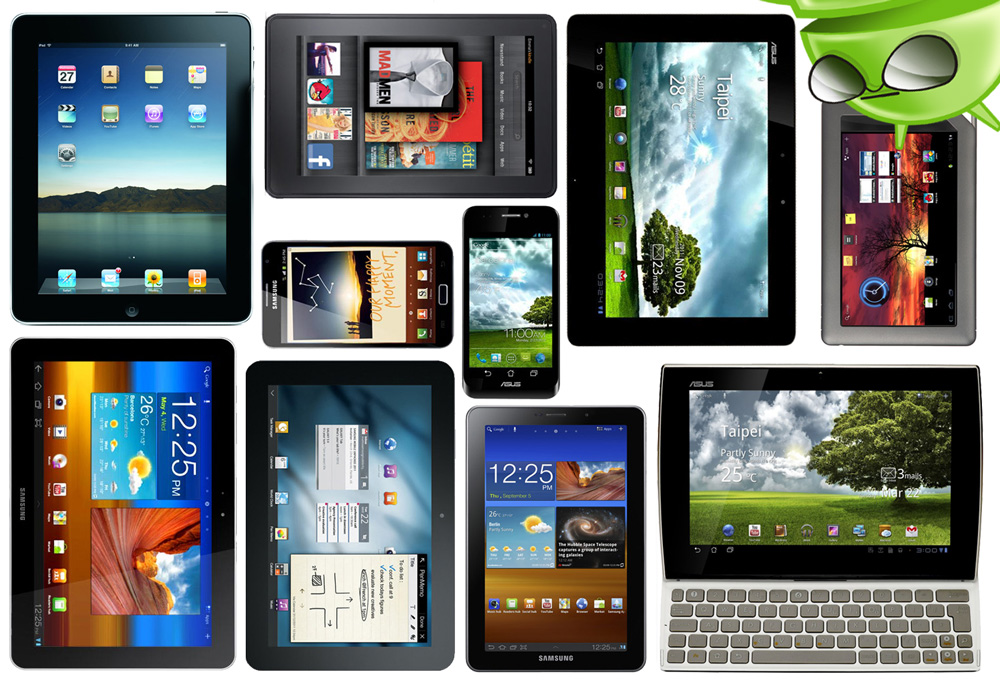
Perhaps the most fundamental defense of Google’s Pixel C is the competition, specifically within the Android hardware community. There are hundreds of tablets on the market, and with that means hundreds of Android on tablet experiences. Those who absolutely must have multitasking now can easily get a Samsung Galaxy Tab S2, or an Xperia Z4 Tablet, or many others for that matter.
The brilliance of Android is, and has always been, choice. If you don’t like one, get another instead. If you want a specific feature, buy a specific product. Simple and sublime. And you know what? Google knows this and therefore doesn’t need to care if its custom made creation is up your alley…or not.
Irrational Wants
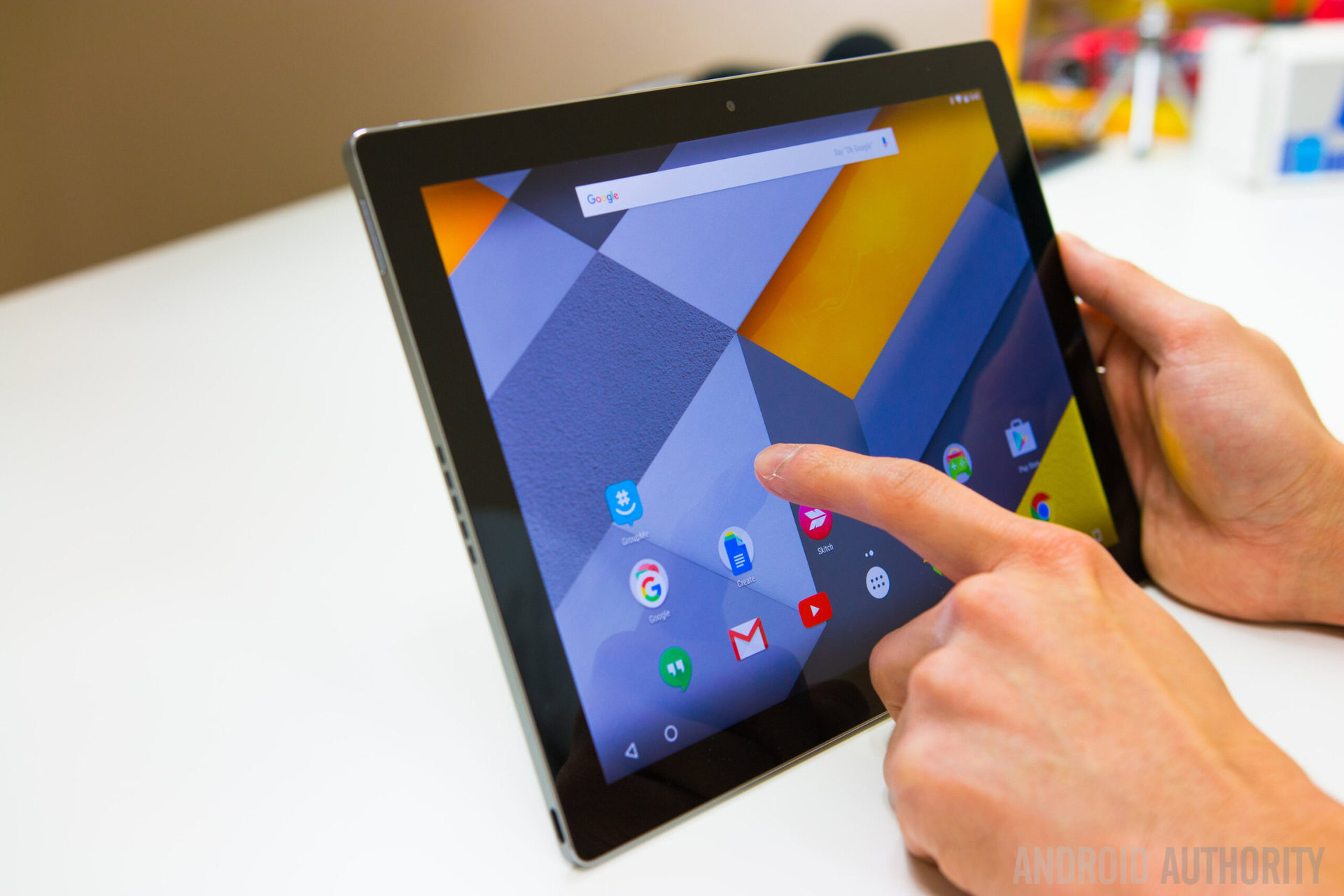
Ironically this particular idea can best be seen in a recent opinion piece Engadget had about the difficulty reviewers often have in actually purchasing a product. In it, Managing Editor, Dana Wollman, muses that:
I’ve come to love gadgets, and have strong opinions about them. Which is why I’m not good at shopping for them. I suppose some of my readers are equally picky. For each of you who chooses on principle to be an early adopter, there are some who have been putting off a purchase for months, or years, all because you’re too discerning for your own good. You’re not gadget reviewers, but perhaps you too have done a little too much research. And perhaps like me, you’re perpetually waiting for a product that doesn’t yet exist.
Her story is perhaps shared by many in the tech-enthusiast crowd. The idea that people are always waiting for a perfect product is definitely a sound one, as is the notion that for every early adopter there can be just as many who agonize for ages to buy but one “simple” smartphone. As applied to the Pixel C it also works wonders: the reviewers around the globe are being too callous to Google’s creation. They are blasting it for expectations of what they want and believe a product should be, even if that’s not the product Google itself sought to create.
For every reviewer that may blast the perceived missing features in this new tablet, there may just as well be scores of potential customers who don’t give a crap and absolute adore the Pixel C for everything it is. A premium tablet. A Google tablet. An Android tablet. A Pixel tablet. The same even holds true to the iPad Pro: reviewers quickly chastised it for not running a “full OS” and cited wasted space and other issues. Yet it’s safe to bet most people who buy the extra-large fruit form won’t care in the slightest.
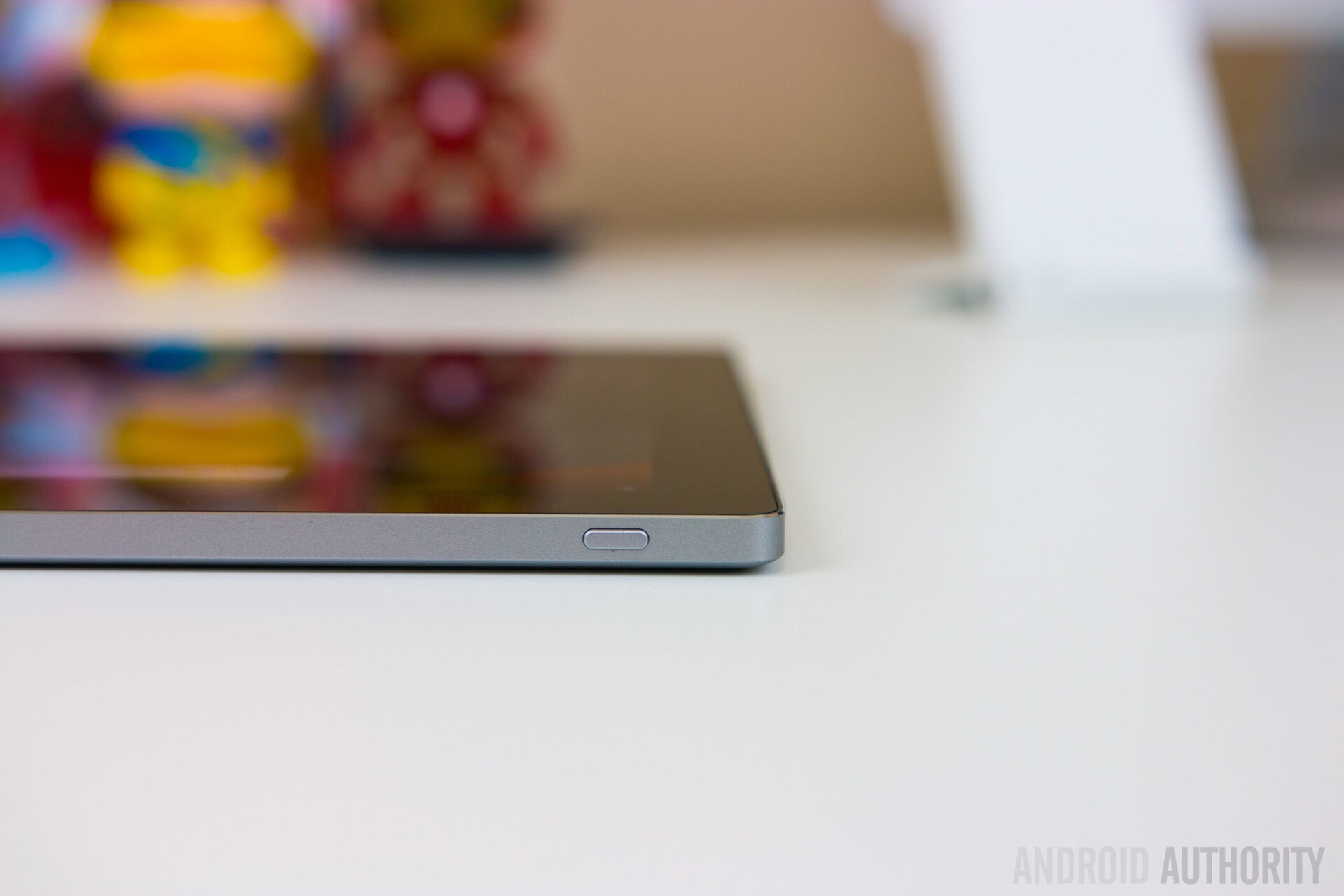
Although…
It is worth mentioning, for the sake of argument, that the “C” in the Pixel C, means “Convertible”. It implies that the device is meant to be used in two different ways. Perhaps even more importantly, in the AMA on reddit, the Pixel C team itself dropped some bombshells in terms of mentioning multitasking support and other tid-bits. Clearly there is a concerted effort to do perhaps more with the product, but for whatever reason, things didn’t work out for the launch.
At the very least, Google could have included the keyboard with the product if it really wanted to push the convertibility factor.
The earlier idea comes back up though: just because the Pixel C can’t do multitasking and doesn’t come with a keyboard doesn’t make it a bad tablet.
Wrap up
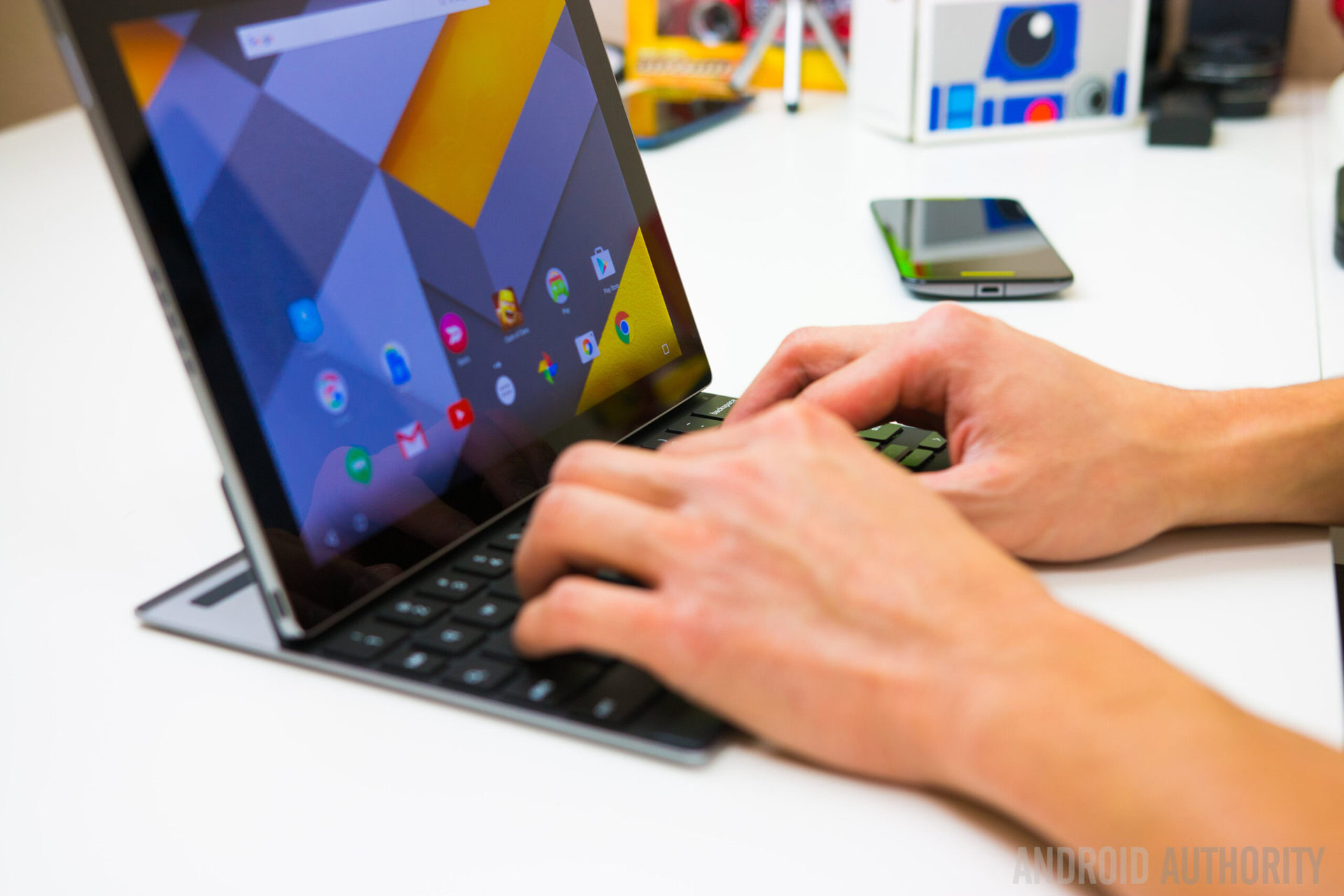
The Pixel C is a fascinating new product from Google, yet one that many might argue fails to live up to its potential. Unfortunately said commentary is largely based on a self-perceived notion that the device should have “standard” features like multitasking and an included keyboard. Funny how Microsoft also showcases the Surface tablets with their respective Smart Cover keyboards and yet doesn’t include one in the box.
It may be a fair consideration that Google has yet to make Android for tablets a truly productive environment, but that argument should not be the basis on which one seeks to knock the Pixel C. It is a rare, truly premium Android slate that has excellent battery life, a high resolution display, runs the latest build of the OS, and won’t break the bank to buy.
The Pixel C may not be truly a perfect device, but who is to say it’s not every bit the sum of its parts?